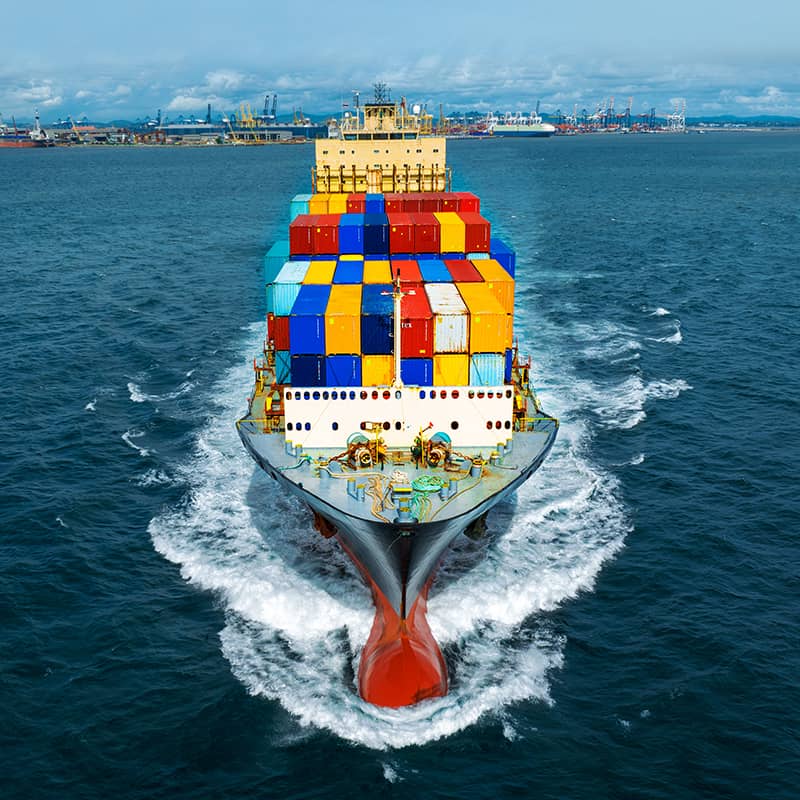Check rules of origin and import duty
£595
92% of clients retained EU customers when rules of origin issues were resolved
100% of clients saved over £500 p.a. not paying for unnecessary certificates of origin
Where your product comes from or is made, can have a huge impact on the tariffs applicable when selling to another country. Ensuring your goods comply with the rules of origin in the EU/UK Trade & Cooperation Agreement is essential for you to export your product smoothly and avoid costly errors.
As of 1st January 2022, to benefit from the reduced rate of Customs Duty, all companies exporting goods to the EU must be able to prove that their goods are of UK/EU origin – it is no longer sufficient to make a declaration on your commercial invoice.
Inability to do so may result in delays, demands for duty and even penalties.
Unfortunately, many exporters don’t understand rules of origin and are laying themselves open to fines and delays at customs. Unless you are 100% certain that the raw materials you use to manufacture your goods originate in the UK or EU (including raw materials you buy from UK distributors but who may themselves have imported them from somewhere else), you can’t allow your customers to claim preference. The International Trade Consultancy will analyse your supply chain to determine the origin of the raw materials used in the manufacture of your products.

Finally, you will receive a written report explaining where your customers can claim preference and how much import duty they will pay if it’s not available. We will also advise on all the documentation you need from your suppliers and that you need to give to your customers to prove the goods meet the relevant rule of origin.
To find out how Check rules of origin and import duty helped one of our clients read the Baker Labels case study
